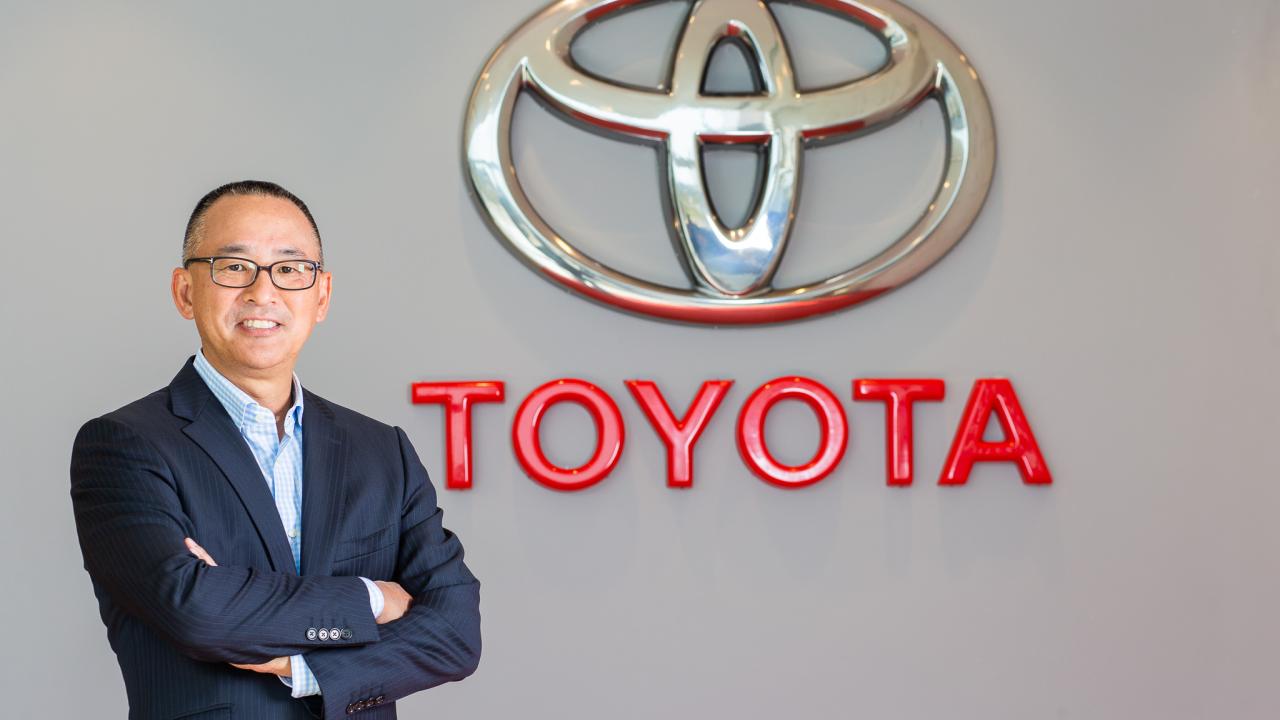
The investments include expanding the production capacity of vehicles and engines with flex hybrid technology.
Toyota CEO for Latin America and the Caribbean, Rafael Chang, today announced an investment plan of US$2.2 billion in Brazil until 2030 to expand vehicle and engine production capacity, and introduce new models with innovative flex hybrid technology, with the aim of consolidating its industrial operations and maintaining its position in the electrification and exports of Brazil.
These investments were possible thanks to the favorable initiatives implemented by the State of São Paulo, which contributed substantially to promoting the competitiveness and predictability of the activities of the industrial sector.
Of that amount, US$1 billion has already been confirmed until 2026 and includes the introduction of a new compact flex hybrid vehicle, which will begin production in early 2025, and another flex hybrid model developed especially for Brazil, which will be announced in due course.
These initiatives reinforce the offer of locally manufactured electrified products that Toyota has in Brazil, in full compliance with the guidelines of the Nova Industria Brasil and Mover policies, recently presented by the government of the South American country.
“Toyota has been present in Brazil for 66 years, continuously investing in technology and innovation, with the aim of offering the best solutions to satisfy consumer needs. Proof of this was the pioneering development of flex hybrid technology in the country.“ e are very happy to be able to expand our production in Brazil and export to the entire region and thus generate and distribute more value for the entire society, in the form of employment and economic development,” said Rafael Chang, CEO of Toyota for Latin America and the Caribbean. .
These new investments will allow the company to expand its industrial park, which currently operates at full capacity, as a direct consequence of the high demand in the national and international market for electrified vehicles produced in Brazil. To carry out this important expansion of productive capacity, the construction of new facilities in Sorocaba will be necessary to which the productive operations of Indaiatuba will be transferred.
This will happen gradually, starting in mid-2025, and its completion is scheduled for the end of 2026. It is important to mention that this movement foresees the maintenance of 100% of jobs and the creation of 500 new jobs at the plant of Sorocaba, with the objective of supporting the growth of productive capacity.
Hiring will begin in mid-2026 and, by 2030, it should reach 2,000 new direct jobs, which, added to indirect jobs, could mean approximately 10,000 jobs in the production chain. The increase in production capacity and the introduction of new electrified models will allow the additional localization of high-tech parts, components and systems, contributing to the consolidation of the local production chain. As a result, there should be an effective attraction of investments for the development of new technologies and suppliers.
“Our investments will promote the development of the supply chain of components for electrified vehicles and thus support the process of decarbonization of mobility in the country and throughout the Latin American region,” said Evandro Maggio, president of Toyota of Brazil.
In the case of Toyota of Brazil, the process of increasing localization will begin with the assembly of the hybrid engine in 2025, at the Porto Feliz plant, and, as a next step, the assembly of the batteries at the Sorocaba factory starting in 2026. to be installed in hybrid vehicles already produced locally, increasing added value and local content.
Toyota has invested heavily in Brazil in recent years and has ambitious plans to further accelerate its operations in the country, especially to promote decarbonization through new electrification technologies adapted to the country's context and the needs of its customers. Furthermore, it challenges itself to continue conquering new markets beyond the 22 countries to which it currently exports and which give it the title of the largest exporting company in Brazil.









